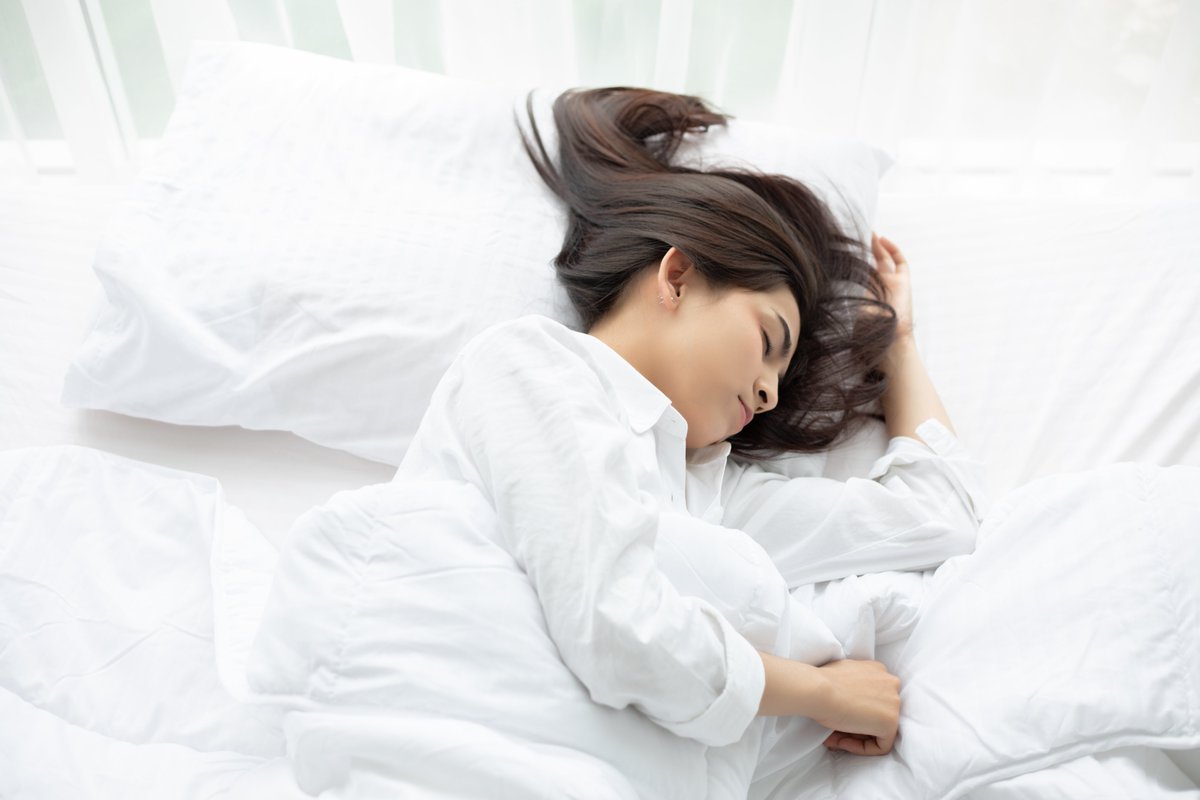What Does Too Much Sleep Do?

If you read the blog, you’ll know how I feel about making sure you get enough sleep. Sleep deprivation can affect your mood, your health, your productivity at work—even your sex life. But too much sleep can be just as bad as too little. Here’s how hypersomnia (oversleeping) can hurt you.
Protect Your Health
Sleeping too much can affect your risk for diabetes, heart disease, and death, according to research studies reported on WebMD’s Sleep Disorders Health Center. When you sleep more than you need to sleep, your body uses energy less efficiently, lowers metabolism, and begins to lose muscle tone. It’s hard to be sure exactly how much hypersomnia affects sleep, though, because confounding factors like low socioeconomic status or depression (both of which can affect the amount a person sleeps) are hard to parse out in the research design.
Protect Your Energy and Emotion
The desire to oversleep can be a documented medical problem known as hypersomnia—it’s a sort of “lightweight narcolepsy” that increases daytime drowsiness and makes it hard to stay awake. The sleepiness inherent in hypersomnia can lead to low energy, increased anxiety, and memory problems. Researchers don’t know whether these symptoms are a cause of hypersomnia or an effect—or just a coincidental co-occurrence.
If you suffer from regular hypersomnia, see a doctor to determine what might be causing the symptoms. Getting your energy levels and your alertness back to normal can make a serious difference in your happiness and your everyday activities.
When Am I Sleeping Too Much?
Not everybody needs exactly eight hours of sleep per night to be happy, productive, and functional. Some people feel at their best with six and a half hours each night, some with nine.
The amount of sleep you need to be at your best varies with the amount of physical activity you get, your age, your overall health, and even your emotional state. Experts recommend seven to nine hours per night for most adults, and that young children and infants get even more. An adult who feels the need for more than nine hours of sleep per night may need to see a doctor about hypersomnia.
Hypersomnia and Sleep Disorders
Hypersomnia may also be a symptom of a particular medical problem or sleep disorder. Fibromyalgia patients often have broken sleep patterns that result in a need for more than nine hours a night to get adequate rest. Sleep disorders like obstructive sleep apnea or restless legs syndrome can affect your body’s ability to reach deep, restorative sleep and stay there, leaving you tired during the day.
Induced Hypersomnia
The tendency to oversleep doesn’t have to be indicative of a medical problem. The regular use of drugs or alcohol can create the same symptoms, as can a broken sleep schedule or poor diet. Staying up too late night after night can lead to weeks of tiredness during the day, even once you return to healthy sleep habits. When you care for your body, you’ll find your daytime energy levels improving and your need for extra sleep declining.
Do you sleep too much or feel tired during the day? Do you think your daytime habits are affecting your sleep patterns?
Author Bio: +Michelle Gordon is a sleep expert who researches and writes about sleep and health, and is an online publisher for the latex mattress specialist Latexmattress.org.


